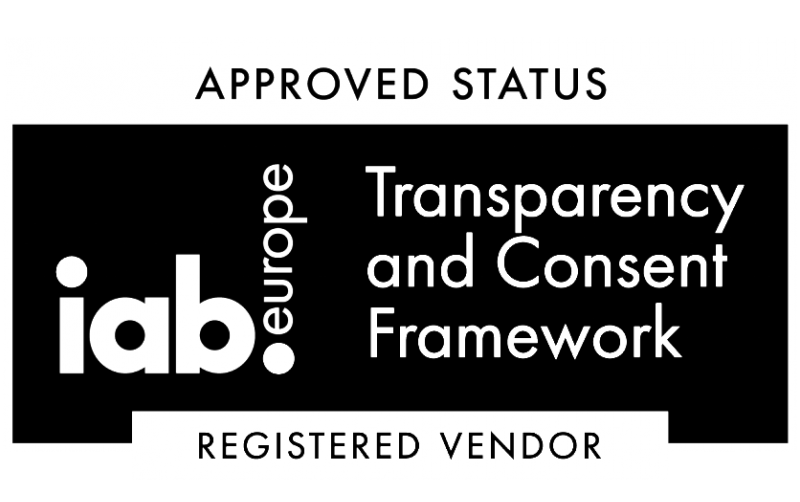The Power of Emotional Intelligence in Sports

Emotional intelligence (EI) is increasingly becoming a focal point in sports leadership, as highlighted by a collaborative study between SportsPro and the University of Queensland. This analysis emphasizes how emotional competencies become essential tools for effectively leading sports teams and organizations, especially under conditions of high pressure and change.
Benefits of EI in the Playfield
Sports leaders with high levels of emotional intelligence are key in motivating and inspiring their teams. Empathy allows them to understand their players’ emotions and connect with them on a more personal level, while their effective communication skills create an environment of mutual trust and respect. Additionally, their ability to lead in a motivational manner enables them to set challenging and realistic goals, encouraging their players to reach their full potential.
In high-pressure situations, these leaders are capable of making wise decisions thanks to a deep self-awareness that allows them to manage their emotions effectively. Their self-control and adaptability help them remain calm and adapt to unexpected changes and challenges.
The ability to build strong relationships is another advantage of leaders with high EI. They foster an environment of collaboration and teamwork, resolve conflicts fairly and effectively, and maintain positive relationships with all organization members. These interpersonal skills are crucial for maintaining harmony and good team performance.
Team Performance
The impact of emotional intelligence on team performance is significant. Players under the guidance of emotionally intelligent leaders show greater commitment to the team and its objectives. Moreover, a positive and supportive environment reduces stress and anxiety among players, allowing them to perform at their best. Teams also show greater resilience in the face of failures and difficulties.
Case Studies
The importance of emotional intelligence in sports is well-documented in various studies and publications. An article titled Emotional Intelligence in Sports: A Literature Review published in Scielo highlights numerous aspects of how EI positively influences sports.
In the realm of sports, emotional intelligence (EI) is a critical component that influences athletes’ performance and coping abilities. ecent study led by Pia Zajonc and Franziska Lautenbach from Humboldt University of Berlin, and Sylvain Laborde from the Deutsche Sporthochschule Köln , has investigated the impact of emotional intelligence training specifically designed for sports coaches. This study is pioneering in assessing the effectiveness of such training, providing a five-week online program that consists of 15 sessions lasting between 10 to 15 minutes each. The training focused on enhancing coaches’ interpersonal emotional competencies, as well as their self-efficacy in game strategy and team dynamics.
The results revealed significant improvements in interpersonal emotional competencies and perceived efficacy among coaches in the intervention group compared to a control group that received health and wellness training. Moreover, the study reaffirmed the positive correlation between emotional intelligence and training efficacy, highlighting the importance of integrating EI training into educational programs for coaches. This approach not only benefits coaches in their professional development but also enhances their ability to positively influence their athletes’ performance and team cohesion. Therefore, sports psychologists and sports federations are recommended to incorporate these trainings into their counseling and educational programs, utilizing online formats that cater to coaches’ needs and preferences, allowing for extensive and effective reach.
Emotional intelligence is not only essential for effective management and leadership in sports but also crucial for developing competitive and cohesive teams. This skill allows sports leaders to meet the challenges of modern sports and prepare their teams for success both on and off the field.
Stay tuned!

- Contacto DPO: privacy@telecoming.com
- Finalidad del tratamiento: suscripción al blog.
- Legitimación del contrato: consentimiento.
- Destinatario de cesiones o transferencias: no se efectúan transferencias de datos fuera de la UE.
- Derechos de las personas interesadas: acceso, rectificación, supresión, oposición, limitación del tratamiento, portabilidad de los datos e interposición de reclamación ante la AEPD.



